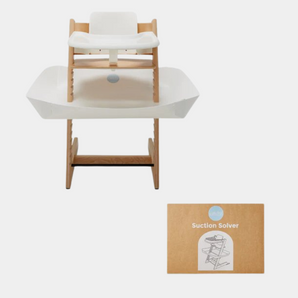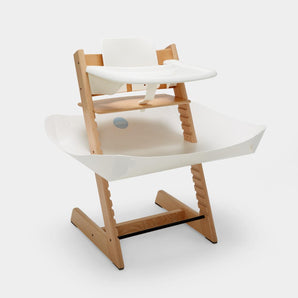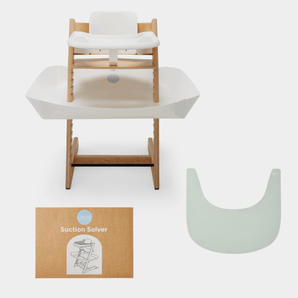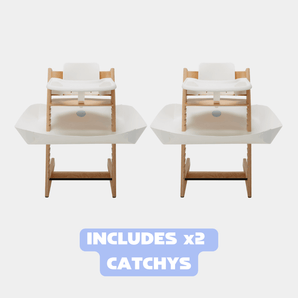If you, like many other mums, haven't had a good night's sleep since your bub was born, YOU ARE NOT ALONE! Sleepless nights seem to be a rite of passage for most parents, but there are many elements that you can fix to help your baby naturally and gently settle into a rhythm of epic sleep.
Here are my top 5 tips to help this seamless transition:
-
Awake windows are everything.
Ensuring your little one is awake for the right amount of time to suit their sleep needs will help with restorative sleep. Ensure they are stimulated enough during their awake time to build enough drive to go down for a nice, long nap. Remember, recommended awake windows are just that- a recommendation. Work to find your baby's sweet spot of sleep.
|
4 months |
90-120 minutes |
|
5 months |
2 hours 15 min |
|
6 months |
2.5 hours |
|
7 months |
2.5 between naps-3.5 hours before bed |
|
8 months |
2.5 between naps -4 hours before bed |
|
9/10 months |
2.5-3 between naps-4 hours before bed |
|
12 months |
2.5-3 between naps -4 hours before bed |
- Follow tired signs
Get to know your baby and their tired signs. This will help ensure that they are neither over nor under tired when going down which will result in a well-rested bub. Look out for ear pulling, eye rubbing, red eyebrows, yawning. If it gets to the point where your baby is arching their back, screaming or they are inconsolable, they are overtired. In this instance, get them into a dimly lit, low stimulating environment and settle them all the way to sleep.
- Sleep environment matters
A dark, cool, quiet room will help your baby settle easily for sleep. Between 18-20 degrees in temp, about an 8/10 in terms of darkness and white noise playing will lull your baby into a state of sleepiness. The white noise will need to play for the duration of all day and night sleep for it to work its magic. the My baby sound spa by homedics is the one I recommend. It is inexpensive, portable and plug-in and you can choose from a range of sounds.
- Wind down routine is essential
Could you sleep straight after a sweaty workout session? Neither can your baby. Giving them the cues that it is time to settle to sleep will assist with a seamless transition into sleep. This could look like: taking your baby into their sleep space which is dimly lit, having a feed, giving them a cuddle and reading a story, popping them into their sleeping bag, into the bassinet/cot, white noise on and turning the light off. This routine does not need to take more than 15 minutes. A repetitive sleep phrase is an excellent addition. This would be a phrase like "it's sleepy time" which is repeated each time you place your baby down to give them the cues that it is time to settle to sleep.
- Make the hour before bedtime a time of security, happiness and emotional reassurance
Stress is contagious. Approaching bedtime with calm, loving reassurance and confidence will help your baby settle easily and quickly. A baby is biologically programmed to read their caregiver's body language to sense impending danger. If you are feeling stressed, your cortisol- awake/stress hormone will rise which will in turn alert your baby to danger and their cortisol levels will rise making sleep impossible. Cool, calm and collected at bedtime to help with a smooth transition.
For her bonus tip, CLICK HERE to see the best foods to support night sleep!
To have all your sleep questions answered and to dive further into how you can gain a well-rested bub, head to @goodnight_sweethardt for further tips and tricks.












